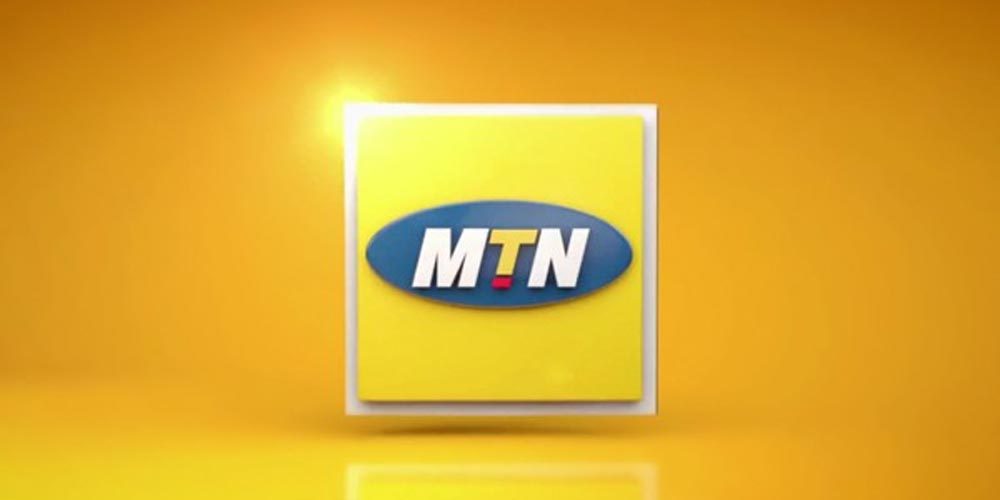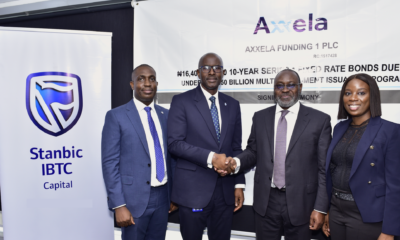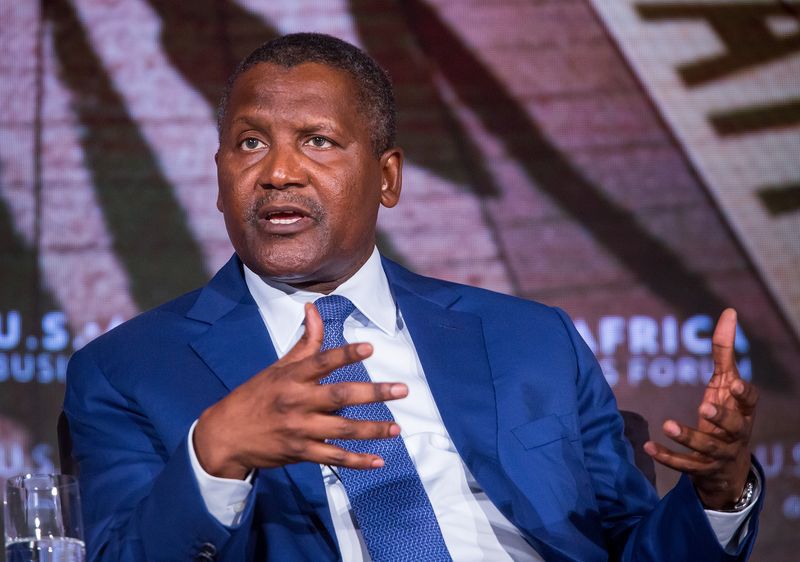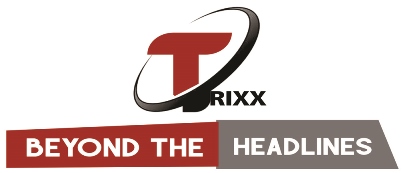Business
MTN Battles Nigerian Banks, Forces Unbearable Policies On Aggregators

MTN Nigeria on March 31, 2021 called its Aggregators into a meeting and announced a massive percentage reduction in its vending commission. A reduction that is half of the industry average, to be effective the next day, April 1, 2021.
MTN officials during the meeting stressed that they are worried about the growth of Nigerian Banks. As such, MTN’s plan is to outperform Nigerian banks and dominate the Nigerian business environment. According to internal sources, this posture is based on a directive from its parent company to implement a market dominance plan which includes: 1) Controlling the Nigerian Telecoms and Financial Sectors, 2) Eliminating aggregators and squeezing margins from all third party contractors and business partners, 3) Preventing Nigerian Banks from winning the battle for customer engagement via its telecoms platform; and 4) Engaging Nigerians as lobbyist to exert more regulatory and policy concessions from Nigerian Regulators and Legislators.
The recent USSD pricing war sponsored by MTN with support from lobbyist and the new reduction in airtime discount rates is part of the company’s plan to curtail the financial inclusion initiatives of the financial sector and force the CBN to grant it a banking license to offer Financial Services based on its own terms and conditions. MTN’s use of lobbyist and practice of exerting aggressive margin pressure on business partners was the model used in Ghana, Benin, Uganda and Ivory Coast to achieve dominance in Telecoms and Mobile Money. In Nigeria, MTN now intends to force aggregators and Banks to a lower discount to make up for its inability to charge a higher fee for USSD banking services.
The Parent company is unhappy with CBN and NCC’s resolution of the USSD issue and has instructed MTN Nigeria to implement this new commission reduction to put further pressure on Nigerian Banks and its business partners.
MTN Nigeria’s objective is to dominate Telecoms, Financial Services and FinTech in Nigeria but it has been experiencing challenges in getting Nigerian regulators to grant it a blanket approval. It is therefore embarking on a series of initiatives to prove its systemic importance and force Nigerian regulators to agree to its own terms and conditions.
This current battle with Nigerian Banks is likely to be one of several to be expected this year and beyond.
-

 Business2 days ago
Business2 days agoStanbic IBTC Capital, Lead Issuing House for Axxela Funding 1 PLC’s ₦16.4b 10-Year Series 1 Fixed Rate Bond
-

 News2 days ago
News2 days agoCoalition of Civil Society for Good Governance, Others Are Purveyors of falsehood Says AAS Legal Team As Jesam Micheal Exposes Their Sponsors (Video)
-

 News2 days ago
News2 days agoASR AFRICA COMMENCES THE CONSTRUCTION OF N250 MILLION OFFICE BLOCKFOR THE COLLEGE OF HEALTH SCIENCES, UNIVERSITY OF USMANU DANFODIYO UNIVERSITY, SOKOTO
-

 News2 days ago
News2 days agoJUST IN: Dangote Crashes Diesel Price To N1,000 Per Litre













